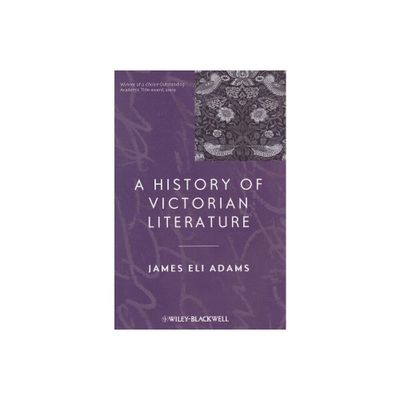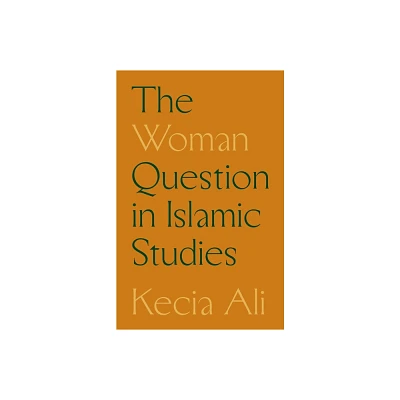Home
The Ends of History: Victorians and "the Woman Question"
Loading Inventory...
Barnes and Noble
The Ends of History: Victorians and "the Woman Question"
Current price: $140.00


Barnes and Noble
The Ends of History: Victorians and "the Woman Question"
Current price: $140.00
Loading Inventory...
Size: Hardcover
*Product Information may vary - to confirm product availability, pricing, and additional information please contact Barnes and Noble
Why were the Victorians so passionate about "History"?
How did this passion relate to another Victorian obsession – the "woman question"? In a brilliant and provocative study, Christina Crosby investigates the links between the Victorians’ fascination with "history" and with the nature of "women."
Discussing both key novels and non-literary texts –
Daniel Deronda
and Hegel’s
Philosophy of History
;
Henry Esmond
and Macaulay’s
History of England
Little Dorrit
, Wilkie Collins’
The Frozen Deep
, and Mayhew’s survey of "labour and the poor";
Villette
, Patrick Fairburn’s
The Typology of Scripture
and Ruskin’s
Modern Painters
– she argues that the construction of middle-class Victorian "man" as the universal subject of history entailed the identification of "women" as those who are before, beyond, above, or below history. Crosby’s analysis raises a crucial question for today’s feminists – how can one read historically without replicating the problem of nineteenth century "history"?
The book was first published in 1991.
How did this passion relate to another Victorian obsession – the "woman question"? In a brilliant and provocative study, Christina Crosby investigates the links between the Victorians’ fascination with "history" and with the nature of "women."
Discussing both key novels and non-literary texts –
Daniel Deronda
and Hegel’s
Philosophy of History
;
Henry Esmond
and Macaulay’s
History of England
Little Dorrit
, Wilkie Collins’
The Frozen Deep
, and Mayhew’s survey of "labour and the poor";
Villette
, Patrick Fairburn’s
The Typology of Scripture
and Ruskin’s
Modern Painters
– she argues that the construction of middle-class Victorian "man" as the universal subject of history entailed the identification of "women" as those who are before, beyond, above, or below history. Crosby’s analysis raises a crucial question for today’s feminists – how can one read historically without replicating the problem of nineteenth century "history"?
The book was first published in 1991.

















